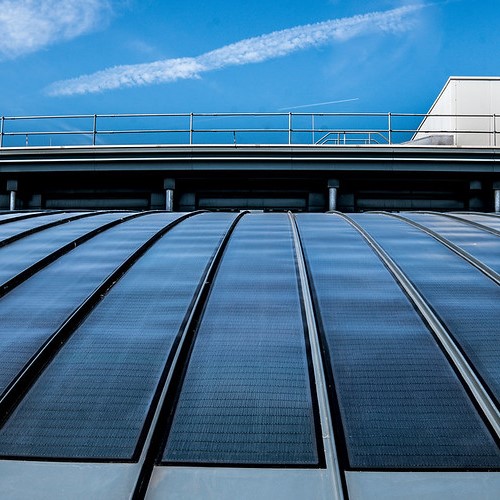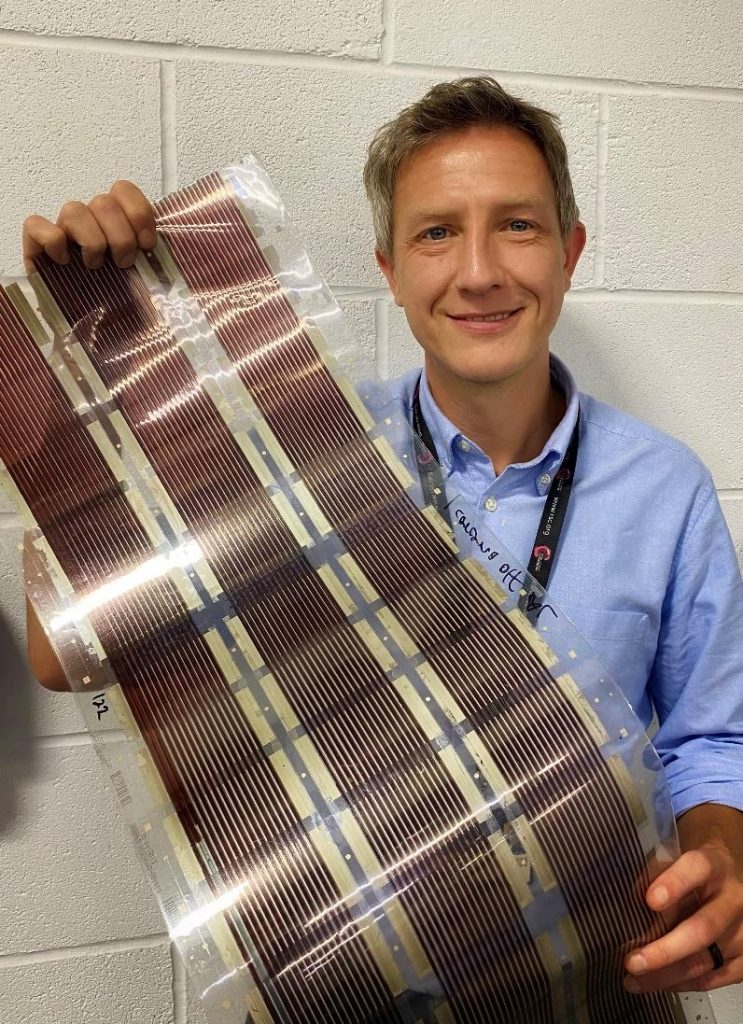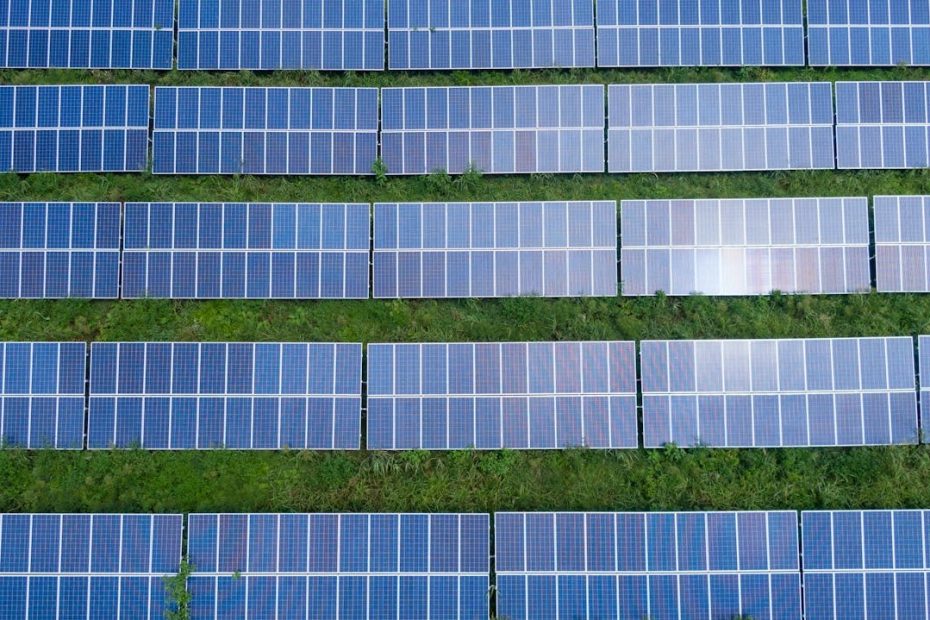The APOLLO project will provide solutions to improve recycling of solar photovoltaics.
Eighteen partners from across Europe will combine expertise to improve five key processes: Sorting, Extraction, Refining, Reusing, Tracing and Circularity.
The project will address two challenges:
- The legacy problem of silicon PV. The use of silicon PV has grown in recent years, but only about 18% (by weight) is currently recycled. This will become a big waste problem as existing solar panels come to the ends of their lives. APOLLO will develop better recycling and re-manufacturing procedures for these products, so that components can be reused.
- Recycling of future PV technologies. Designing the next generation of PV, such as perovskite, to enable recycling.
Professor Matthew Davies explored these challenges in his 2021 article ‘Solar panels: we need to recycle parts of them to use again and avoid a mountain of waste‘.
SPECIFIC’s team will conduct environmental and circular business modelling on behalf of APOLLO.
The models will set a baseline. They will also establish the cost, social and environmental benefits of growth of the PV recycling sector.
We will also support work on the design and manufacture of next generation PV. This includes perovskite and combined perovskite-silicon.
APOLLO is a Horizon Europe project, funded by the European Union.
It is led by the Fraunhofer-Gesellschaft zur Förderung der angewandten Forschung e.V. in Munich, Germany.
Professor Matthew Davies will lead SPECIFIC’s contribution, with support from Professor Trystan Watson and other colleagues.
Follow APOLLO’s LinkedIn page for updates.


